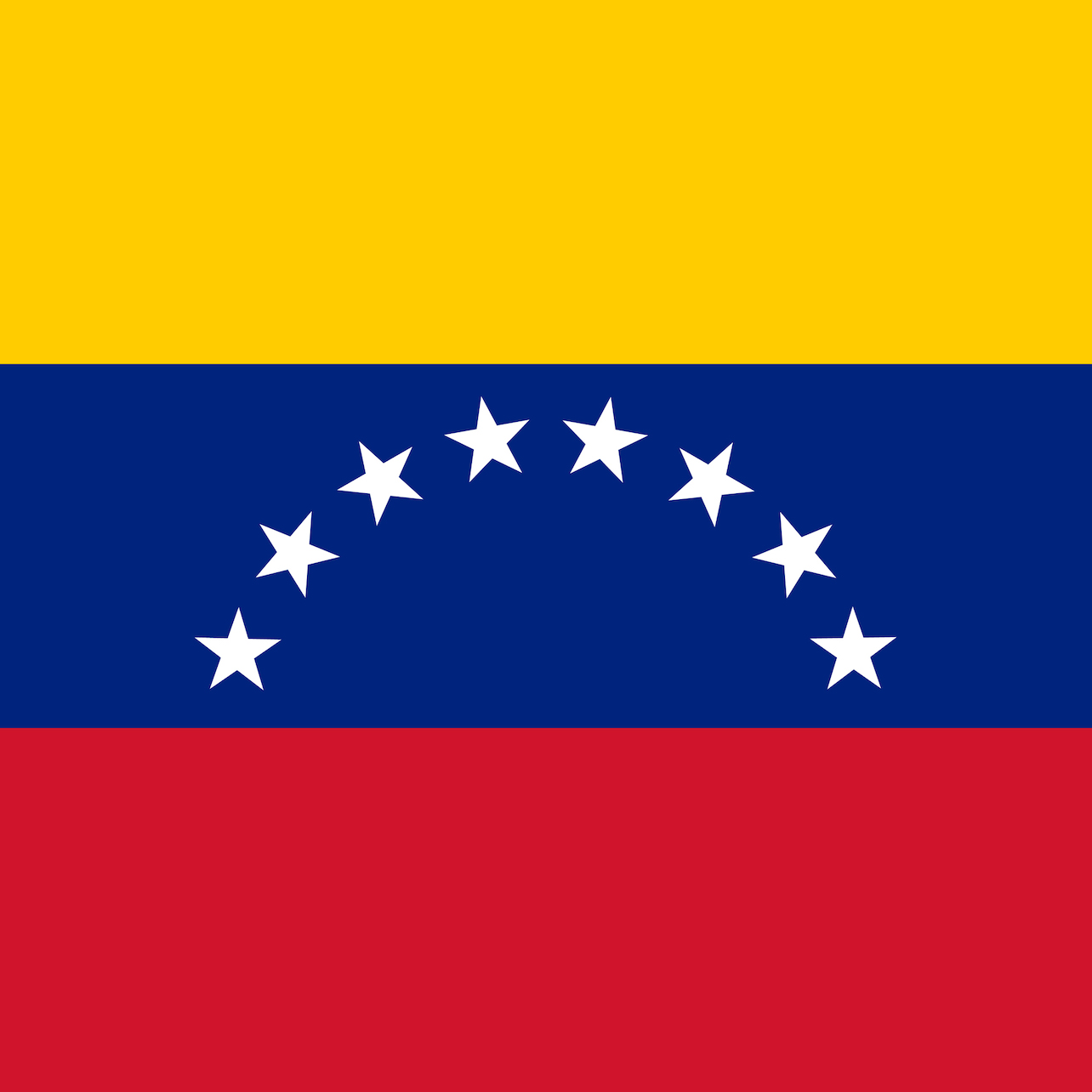Child-led initiatives Americas
Regional Trends: AmericasActions taken forward by children and adolescents in this region are evidencing children’s empowerment when tackling violence and other issues. Children in Latin America are sharing stories about the pandemic, they’re activating awareness-raising campaigns on the impact of COVID, and they’re working directly with decision makers reviewing budgets, making recommendations, and advising on protection related programmes and policies. Children are also creating peer communities that support one another, developing advocacy and communication resources. Gender-based violence and adolescent pregnancy, gang violence, child labor and online violence are among the most prominent issues in the region. Children are also addressing the effects of confinement, with specific focus on mental health and domestic violence. In Panama, an adolescent-led organization works with children and adolescents, specifically targeting gang violence: “We, the young adolescents, can create great changes in our community and we are demonstrating it through this youth movement, preventing more adolescents from being part of the more than 40 gangs that exist in the province and sending a clear message to our authorities that prevention is always the best option”. In Bolivia each municipality is requested to have a child advisory board. An organization has been working with children to support activating these committees, and they have noted that with COVID, children have increasingly seen opportunities to organize themselves. They requested the organization to have more meetings, and to date they’ve been able to activate 44% of these committees nationally. Throughout the region, children are putting recommendations forward around COVID-19, and developing resources for their peers. In 12 countries in the region, adolescents from “Con Causa” have put together an advocacy guide for other adolescents to use. The guide was developed entirely from their own past advocacy experiences. |
Bolivia
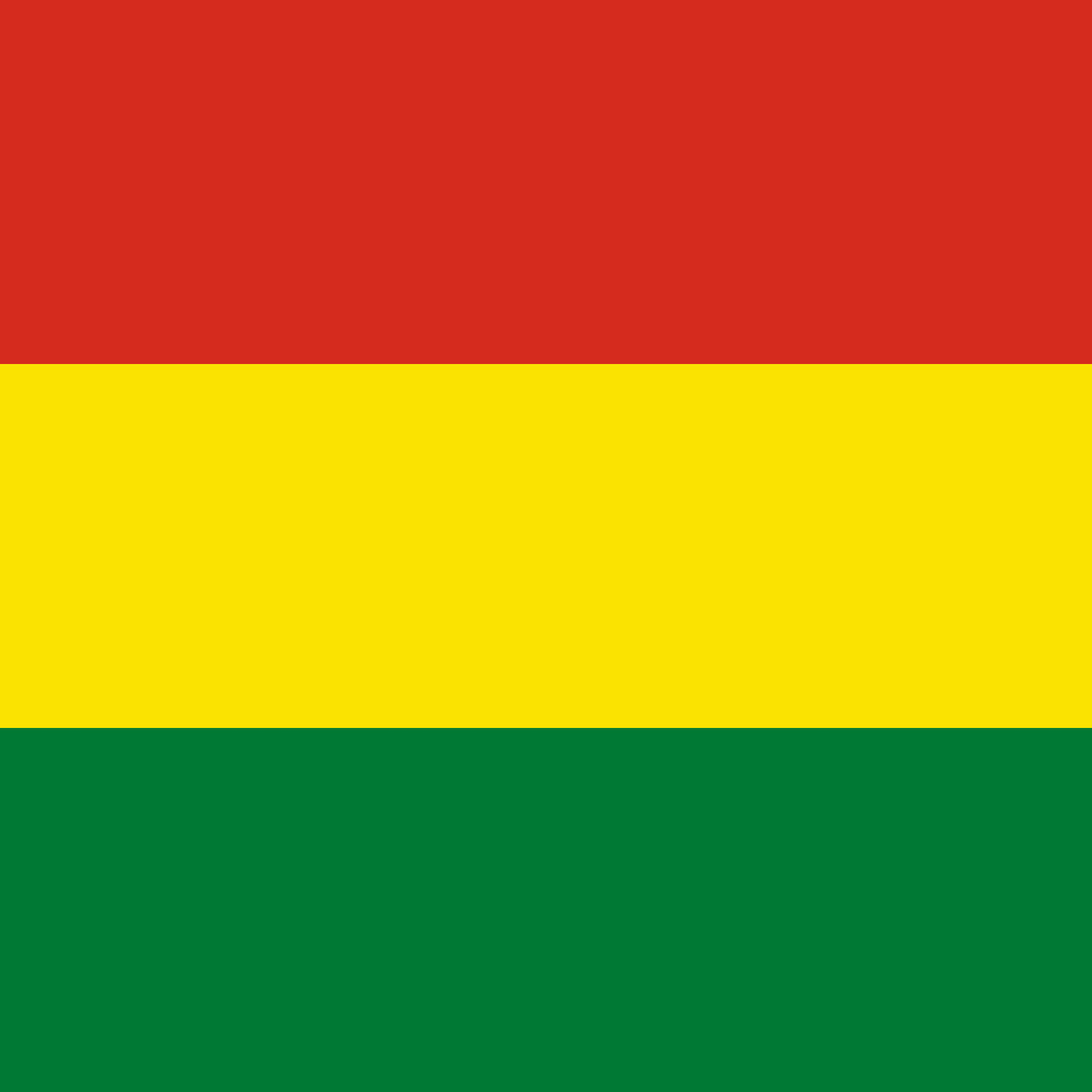
Brazil
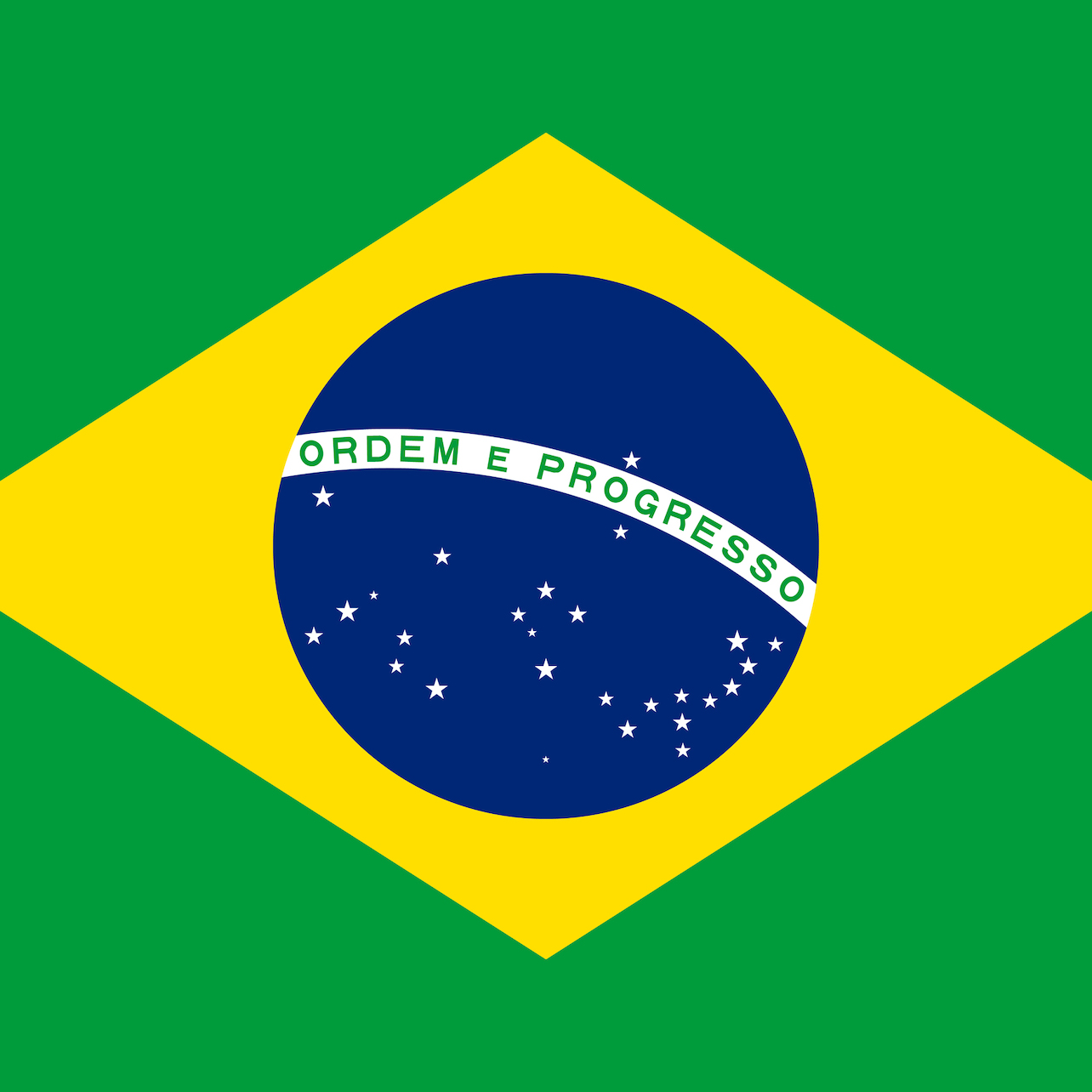
Colombia

Ecuador
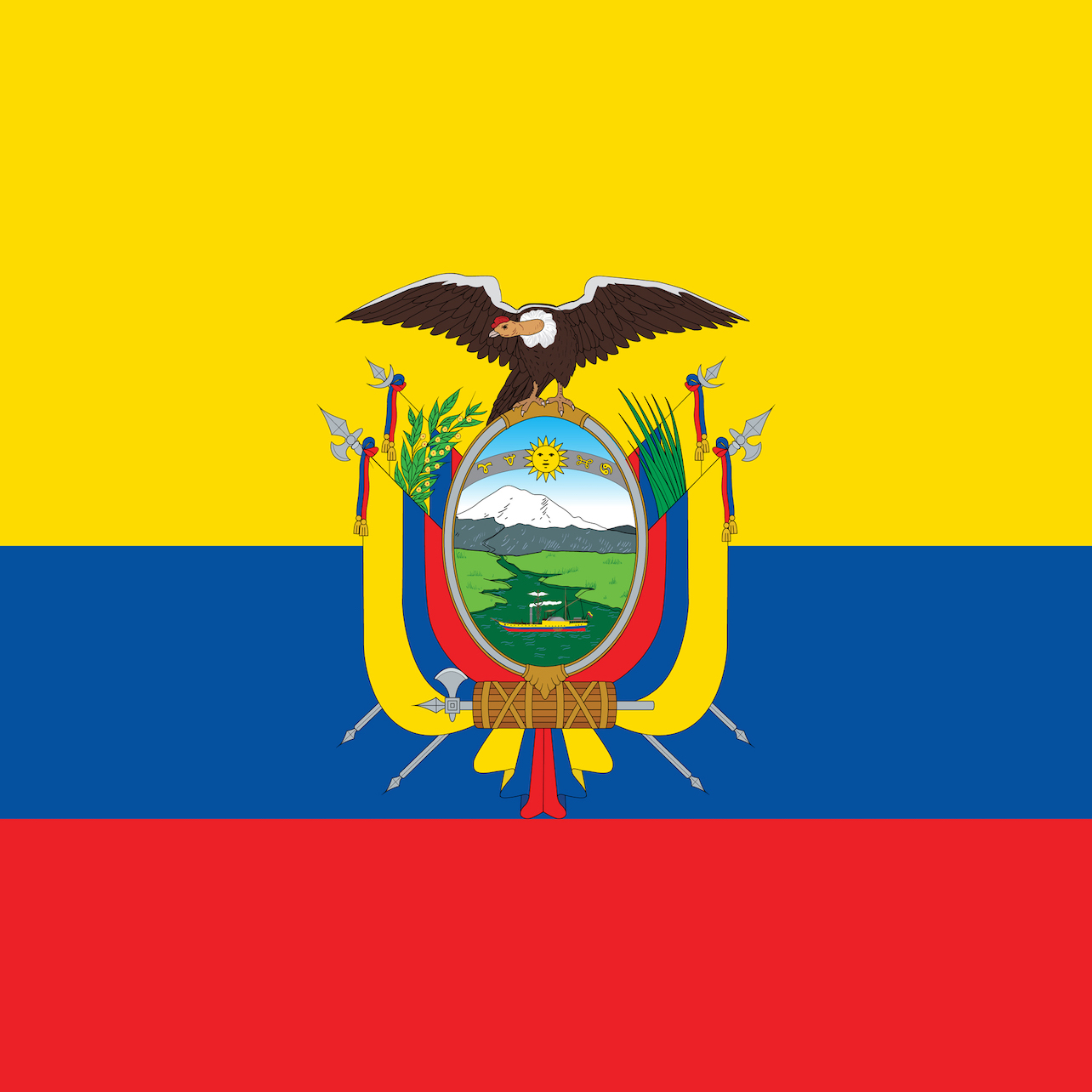
El Salvador
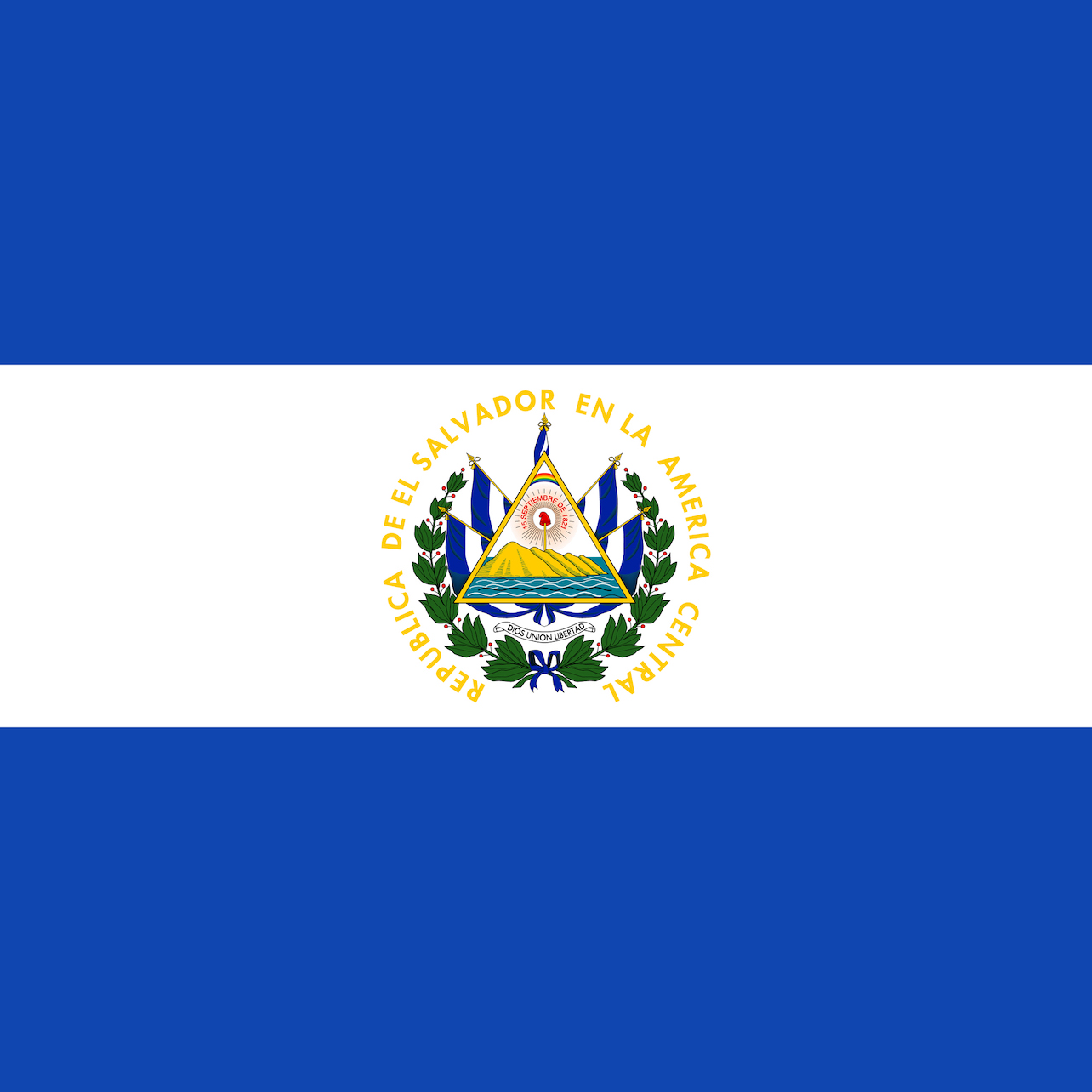
Guatemala
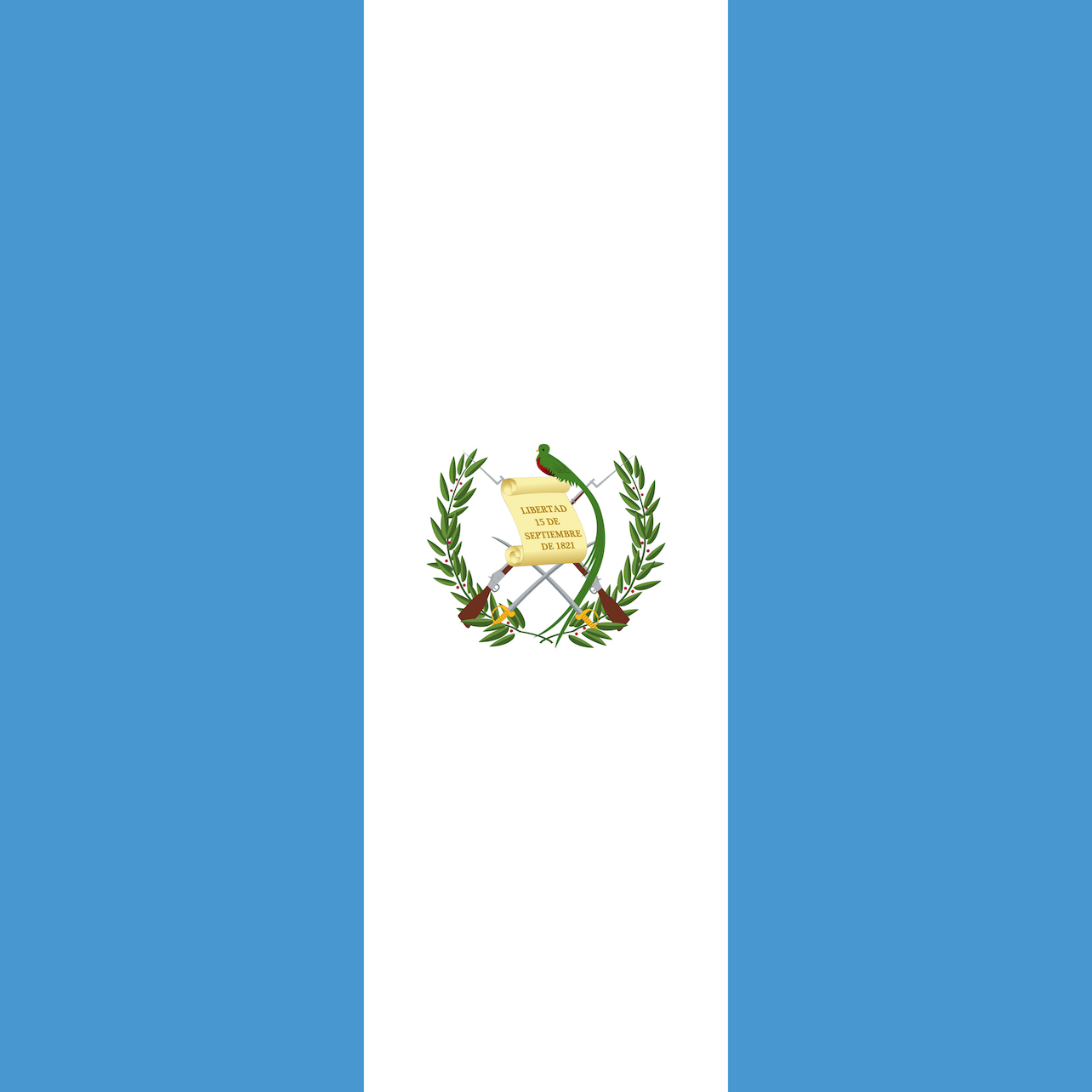
Haiti
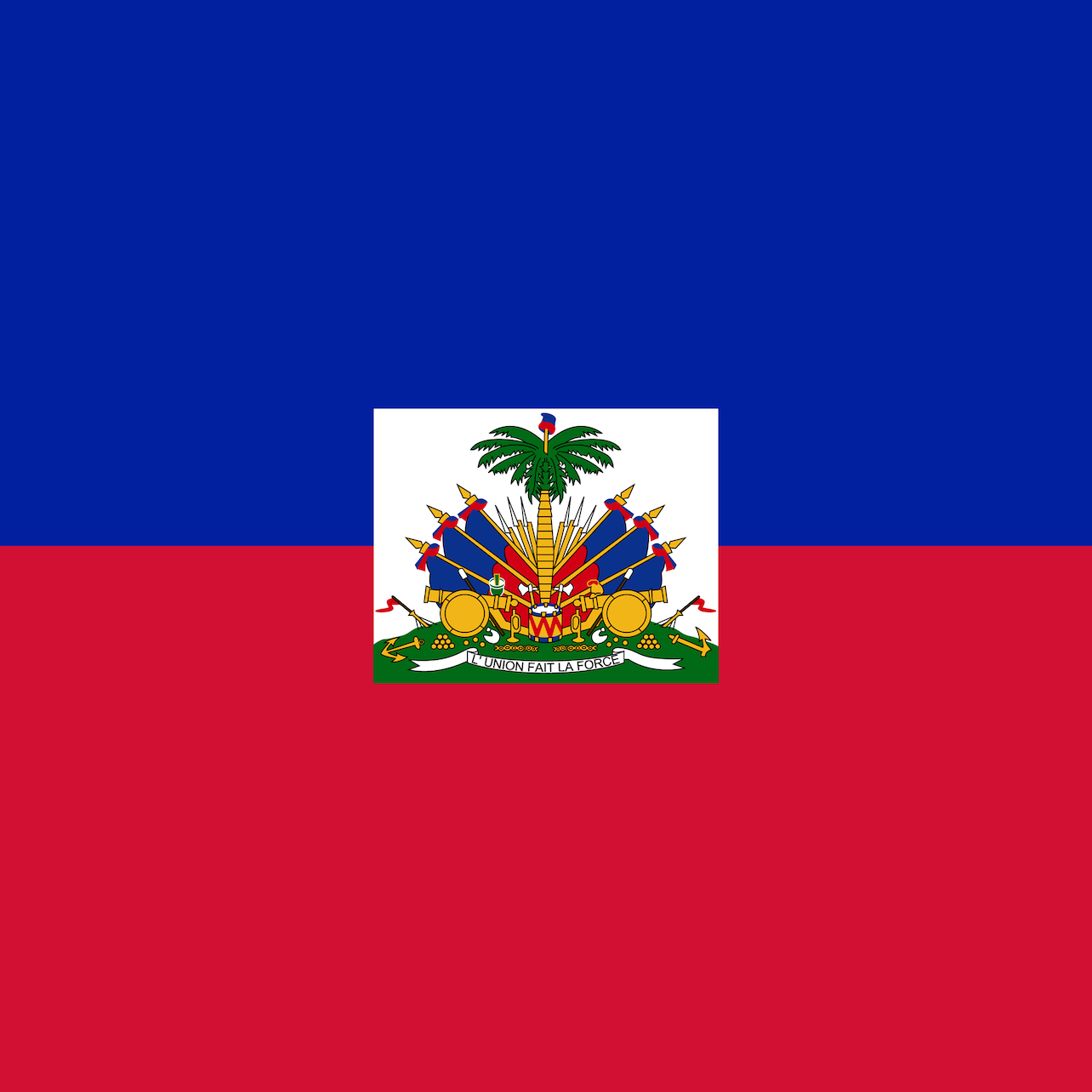
Mexico
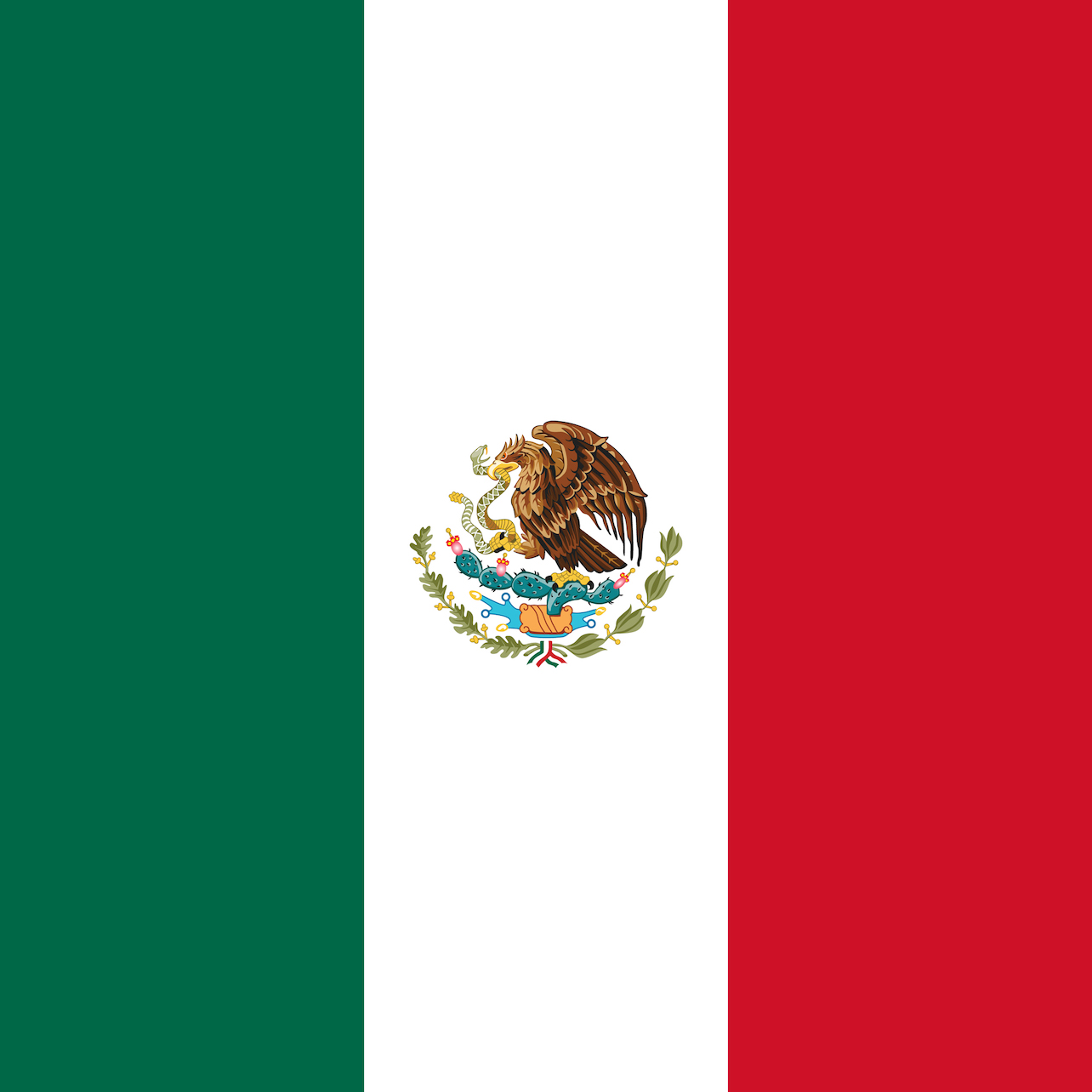
Nicaragua
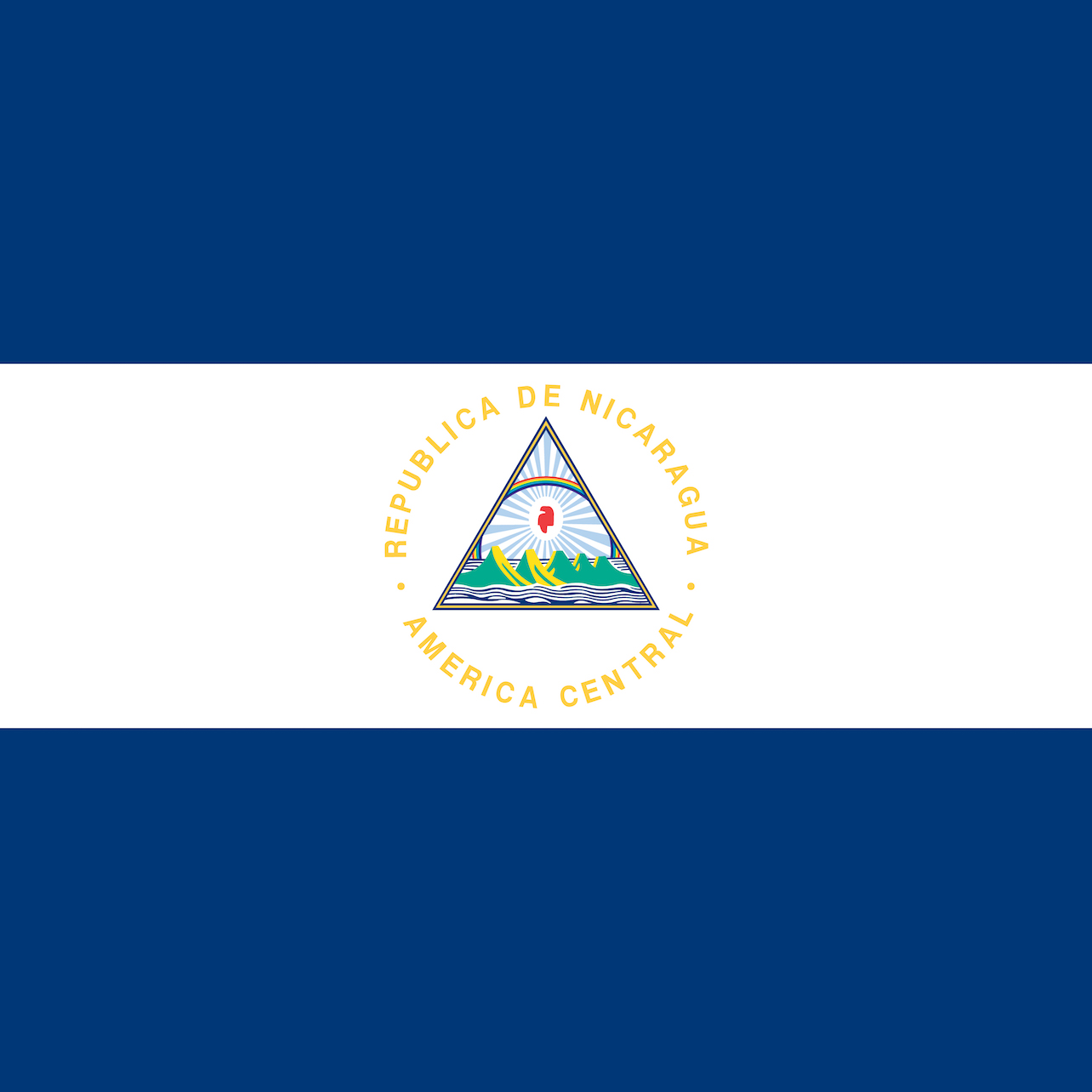
Paraguay
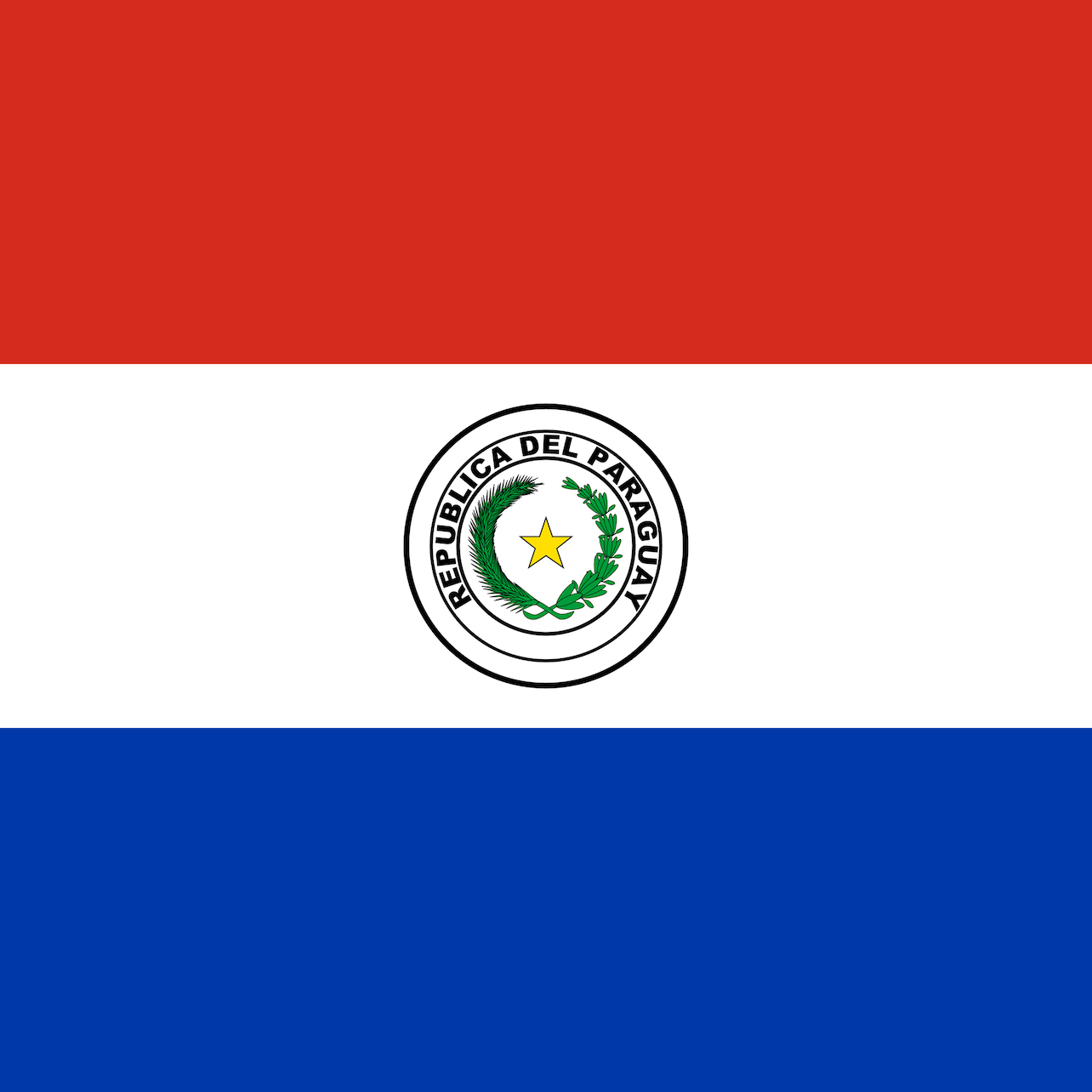
Trinidad and Tobago
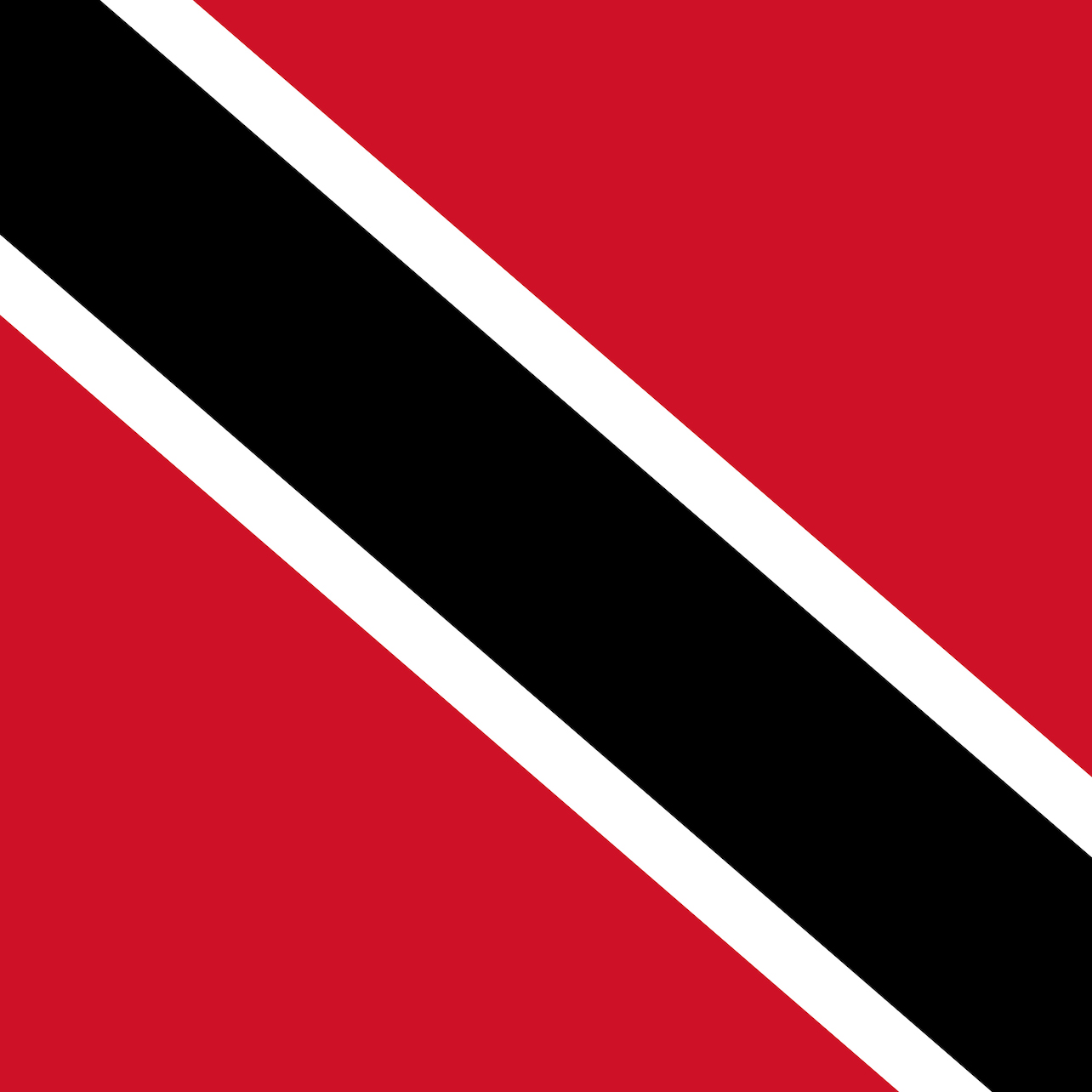
United States of America
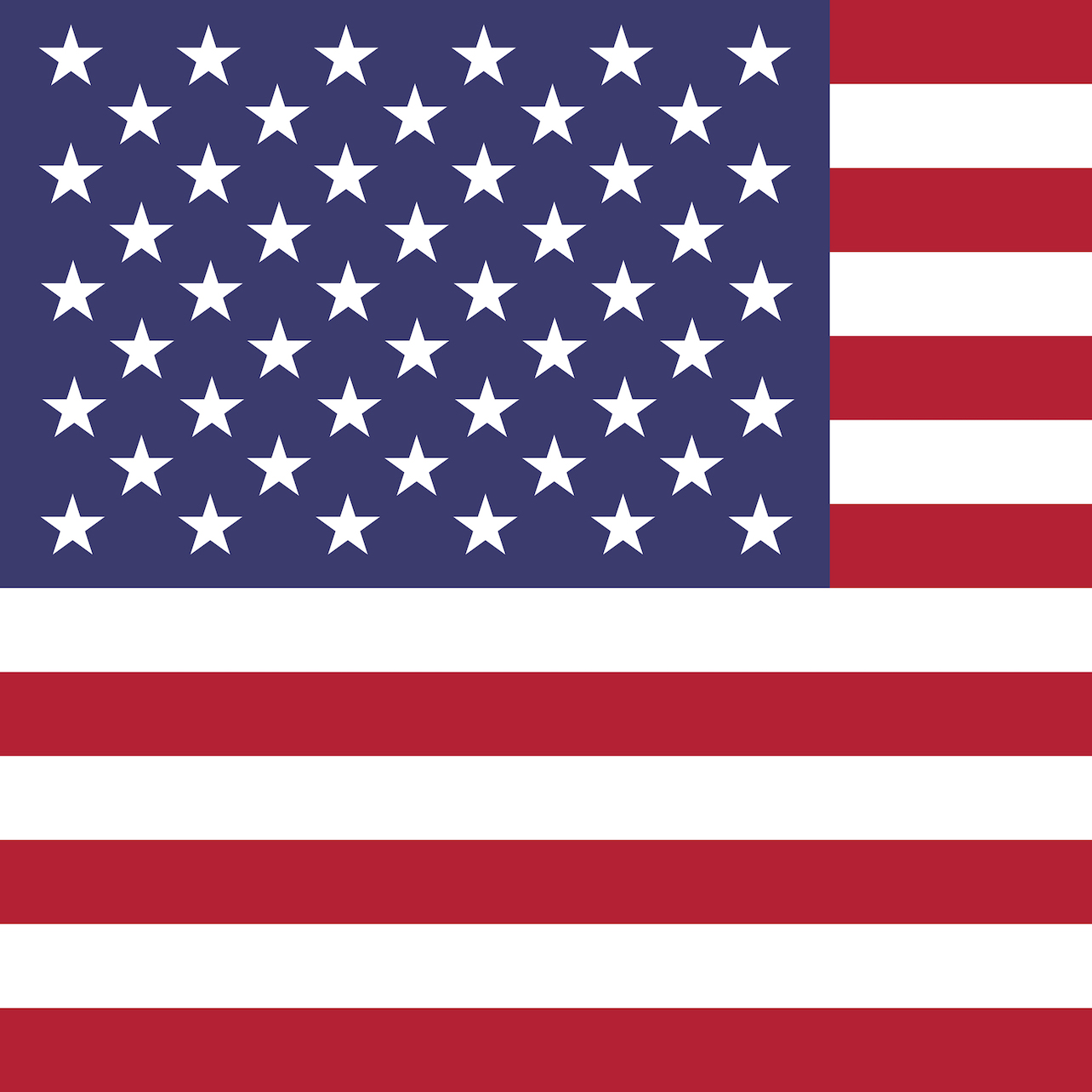
Venezuela
